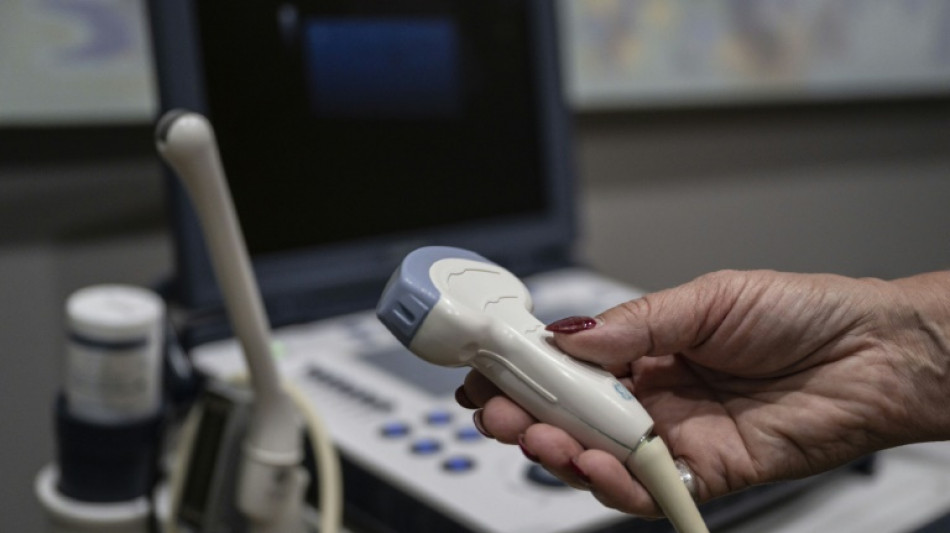
-
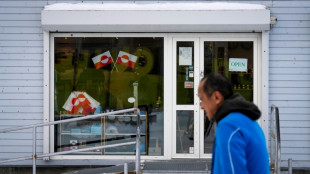 Greenlanders torn between anxiety and relief after White House talks
Greenlanders torn between anxiety and relief after White House talks
-
Ledecky posts second-fastest 1500m free time ever in Pro Swim win
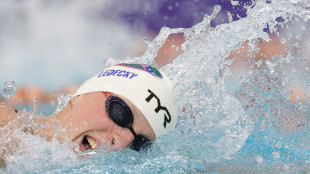
-
 Asia markets mixed, oil falls after Trump's Iran comments
Asia markets mixed, oil falls after Trump's Iran comments
-
AI-created Iran protest videos gain traction
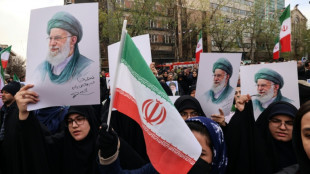
-
 Five things to know about Uganda
Five things to know about Uganda
-
Uganda votes under internet blackout and police crackdown
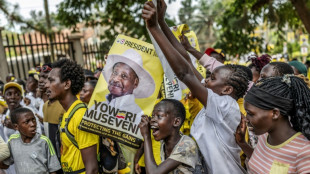
-
 Dreams on hold for Rohingya children in Bangladesh camps
Dreams on hold for Rohingya children in Bangladesh camps
-
Canada's Carney in Beijing for trade talks with Chinese leaders
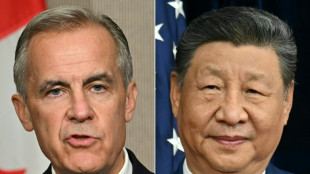
-
 All Blacks fire coach Robertson less than two years before World Cup
All Blacks fire coach Robertson less than two years before World Cup
-
Long-awaited EU-Mercosur trade pact set for signing

-
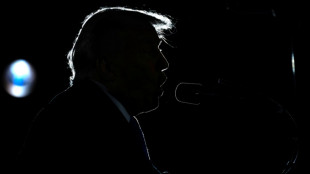 Trump embraces AI deepfakes in political messaging
Trump embraces AI deepfakes in political messaging
-
A year of Trump: US health policy reshaped in RFK Jr's image
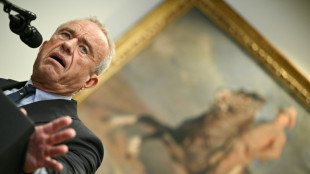
-
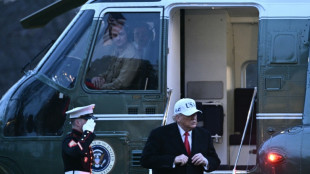 One year in, Trump shattering global order
One year in, Trump shattering global order
-
Hit TV show 'Heated Rivalry' a welcome surprise for gay hockey community

-
 Spanish singer Julio Iglesias prepares defence against abuse allegations: Hola! magazine
Spanish singer Julio Iglesias prepares defence against abuse allegations: Hola! magazine
-
Actor McConaughey seeks to patent image to protect from AI

-
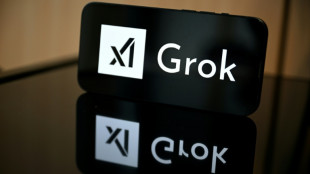 Musk's Grok barred from undressing images after global backlash
Musk's Grok barred from undressing images after global backlash
-
Hosts Morocco set up Senegal AFCON final showdown

-
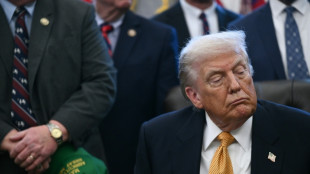 Trump says Iran killings stopped, Tehran says 'no plan for hanging'
Trump says Iran killings stopped, Tehran says 'no plan for hanging'
-
Chelsea paid for costly errors in Arsenal defeat, says Rosenior

-
 Morocco beat Nigeria on penalties to reach Africa Cup of Nations final
Morocco beat Nigeria on penalties to reach Africa Cup of Nations final
-
Golden Globes viewership shrinks again

-
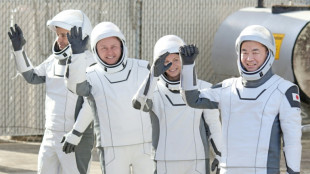 Astronauts leave ISS in first-ever medical evacuation
Astronauts leave ISS in first-ever medical evacuation
-
NASA reports record heat but omits reference to climate change
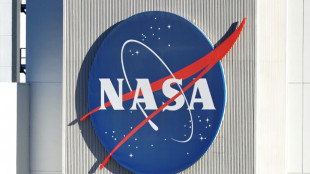
-
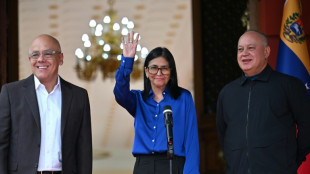 Trump praises 'terrific' new Venezuela leader after call
Trump praises 'terrific' new Venezuela leader after call
-
Real Madrid crash out of Copa del Rey at Albacete on Arbeloa debut
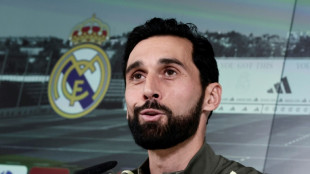
-
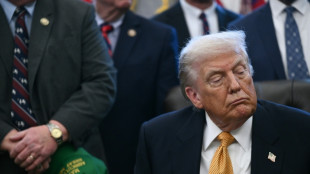 Trump says Iran killings stopped as US scales back Qatar base
Trump says Iran killings stopped as US scales back Qatar base
-
Arsenal beat Rosenior's Chelsea in League Cup semi first leg

-
 US stocks fall again as Iran worries lift oil prices
US stocks fall again as Iran worries lift oil prices
-
Inter extend Serie A lead to six points after Napoli slip

-
 Bayern beat Cologne to move 11 points clear in Bundesliga
Bayern beat Cologne to move 11 points clear in Bundesliga
-
Mane takes Senegal past Egypt into final of his last AFCON

-
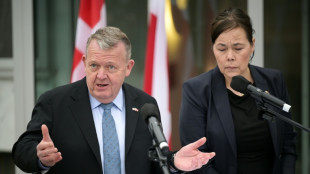 Trump says Greenland will 'work out' after Denmark fails to bridge gap
Trump says Greenland will 'work out' after Denmark fails to bridge gap
-
'Bridgerton' premieres in Paris promising 'Cinderella with a twist'

-
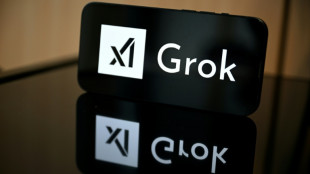 California begins probe of Musk's Grok over sexualized AI images
California begins probe of Musk's Grok over sexualized AI images
-
Astronauts set to leave ISS in first-ever medical evacuation

-
 Napoli's stalemate with Parma opens door for Serie A leaders Inter
Napoli's stalemate with Parma opens door for Serie A leaders Inter
-
Syrian leader urges Kurdish integration as army sends troops east of Aleppo
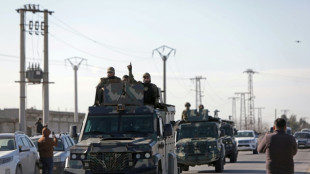
-
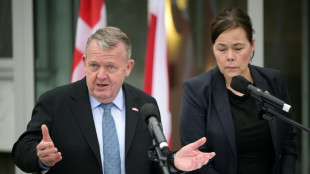 Denmark says White House talks failed to alter US designs on Greenland
Denmark says White House talks failed to alter US designs on Greenland
-
Venezuela looking to 'new era' after Maduro ouster, says interim leader
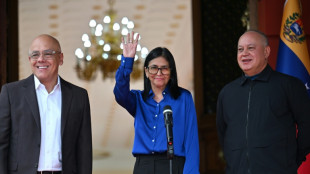
-
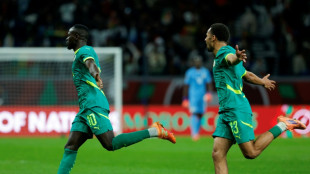 Mane takes dominant Senegal past Egypt into AFCON final
Mane takes dominant Senegal past Egypt into AFCON final
-
UK police admit 'mistakes' over Maccabi Tel Aviv fan ban

-
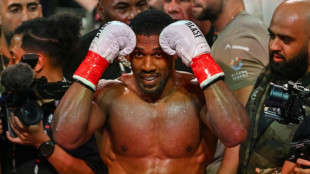 Promoter says Joshua will return to ring when 'time is right' after horror crash
Promoter says Joshua will return to ring when 'time is right' after horror crash
-
California investigating Grok AI over lewd fake images
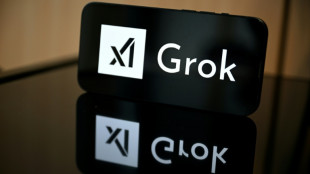
-
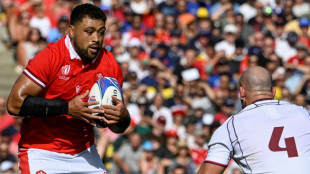 Wales's Faletau set to miss bulk of Six Nations
Wales's Faletau set to miss bulk of Six Nations
-
Denmark, Greenland wrap up crunch White House talks

-
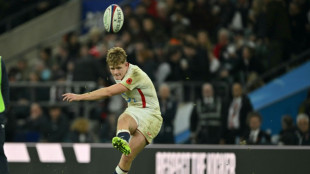 England sweating on Fin Smith's fitness for Six Nations opener
England sweating on Fin Smith's fitness for Six Nations opener
-
NASA acknowledges record heat but avoids referencing climate change
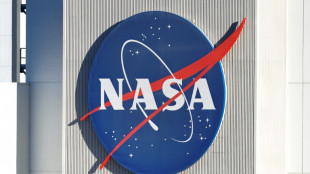
-
 England rugby league coach Wane quits role
England rugby league coach Wane quits role
-
Oil prices extend gains on Iran worries


AI better than humans at key heart test: study
Artificial intelligence is better than humans at assessing heart ultrasounds, the main test of overall cardiac health, the most rigorous trial yet conducted on the subject found on Wednesday.
While previous research has illustrated the potential power of AI models for reading medical scans, the authors of the new US study said it is the first blinded, randomised clinical trial for heart health.
"There's a lot of excitement around AI," but rigorous evaluation remains critical, the study's senior author David Ouyang told AFP.
This successful trial "really strengthens the argument that now we're ready for primetime," added the cardiologist at the Cedars-Sinai Medical Center in Los Angeles.
Heart ultrasounds, also known as echocardiograms, are carried out on patients by sonographers, who usually give an initial assessment of the scan before handing it over to a cardiologist.
The new study, published in the journal Nature, pitted an AI model against sonographers to see who would give the most accurate initial assessment.
Both assessed the ultrasound for what is called left ventricular ejection fraction, which measures the heart's ability to pump blood out to the body in the space of a heartbeat.
The test is the main way to measure how well a heart is functioning. It is used to tell if patients have had a heart attack or if they will be able to undertake serious treatments such as implanting a defibrillator.
For the study, nearly 3,500 heart ultrasounds were randomly split between sonographers and the AI model.
Their assessments were then evaluated by cardiologists, who did not know which ones came from humans and which from the AI model.
- 'Exciting' -
The cardiologists made a substantial change in more than 27 percent of the sonographer assessments -- and in nearly 17 percent of those done by the AI model, the study found.
"The AI was faster, more precise, and indistinguishable by the cardiologists," Ouyang said.
There is a "tremendous shortage" of sonographers in the United States and across the world, and this would save them valuable time, he added.
The AI model, called EchoNet-Dynamic, was trained on nearly 145,000 echocardiograms and uses what is called deep learning to process large amounts of data.
The researchers are currently applying for the method to be approved by the Federal Drug Administration, and hope to do the same in the European Union and elsewhere soon, Ouyang said.
Patricia Pellikka, a cardiologist at the Mayo Clinic in the United States not involved in the research, told AFP the study was "exciting" and that the integration of AI tools will increase efficiency and standardisation.
French cardiologist Florian Zores said that the study was well conducted but the technology would not be as useful in France, where cardiologists give the initial assessments of heart ultrasounds.
K.Hassan--SF-PST

